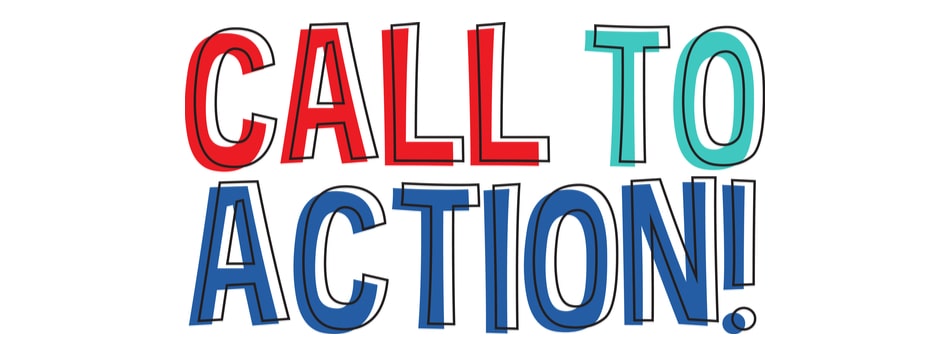A few months ago, a visitor to my blog asked me, in a comment, about the value of having a website in the early stages of a consulting business. Specifically, the reader asked if a new independent consultant would be disadvantaged by starting up without the immediate support of a website.
While my simple response was that, yes, possibly it would be a disadvantage, I realised that it was a question worthy of a more detailed discussion.
To that end, I decided to write this short article explaining the value of a website to your new consulting business, and offering some tips to get one set up without breaking your startup budget.
5 Reasons Your Consulting Business Needs a Website
Let’s begin with a quick look at the benefits a website can bring to your new consulting business, and why I wouldn’t recommend starting up without one. I’m not saying “don’t do it,” but simply that you should at least get a site up and running as soon as you can.
Here are five primary reasons that I would always recommend launching a website as one of your early startup initiatives.
1) A Website Communicates Your Value
It’s a common misconception that business websites are all about marketing. Yes, they are an important, even vital marketing tool, but more than that, a website tells prospective clients who you are, outlines your strengths and specialities, and communicates your value.
In the early stages of your independent consulting career, that counts for a lot, even if you’re one of the lucky ones with a pool of clients who know you from your previous life and trust you enough to engage in a consultant/client relationship.
Indeed, as the COVID-19 pandemic has accelerated the shift to remote business relationships, a website can expose your business to potential clients anywhere in the world. More than ever before, visitors who sense your value might be prepared to discuss the possibilities of engaging you as a virtual project contributor working from afar.
2) A Website Helps You Help Your Prospective Clients
By adding client-focused information, tips, guidance, and advice to your website content, you can showcase your knowledge and expertise, and give something to prospective clients that they perceive as having value.
Of course, you don’t want to provide too much self-help, lest your clients don’t feel the need to pay for your active assistance, but some pro-bono insights and knowledge sharing can pay dividends in establishing your credentials.
3) A Non-Intrusive Channel for Contact and Interaction
Ideally, your website will have clear calls-to-action distributed amid the content, and will include straightforward options for potential clients to get in contact with you.
These facilities mean business professionals can contact you on their terms and at a time that suits them, while you have a tool to capture expressions of interest 24/7.
After all, not all business owners or managers want to initialise contact through a phone call or face-to-face meeting. At the same time, your contact form helps you capture information about interested parties, enabling you to reach out to them with future offers of help or check-in emails to keep yourself on their radar.
4) A Vehicle to Build Trust
Initially, you may not have the ability to display logos of client companies that have engaged you, testimonials, or case studies on your website. Still, as soon as your business has grown enough to provide you with that type of content, you’ll want to get it on display.
Credentials of this nature, that prove your professionalism and legitimacy, deserve a place in the public eye, and there’s no better place than a website to put them there.
If you launch your website at the point when your business goes live, your platform will be ready, and so you won’t lose precious exposure time when you have some testimonials or case studies to showcase.
5) A Website Helps Potential Clients to Discover You
Without a consulting business website, you will need to rely on more active means to attract prospective clients. You may already have some businesses interested in working with you due to connections from your previous career.
Suppose you don’t have any clients or projects lined up, however?
In that case, you’ll be dependent on advertising, spreading awareness through word-of-mouth, cold emails or phone calls, social media postings, or physical networking.
The above methods can be effective, of course, but they require more effort in the long run than building an SEO-optimised website, which will gradually gain traction with Google and other popular search engines.
Your website offers considerable potential to get your services noticed and attract clients. However, it does take some time for a new site to feature strongly in search engine rankings, and that’s another reason to get yours launched at the earliest opportunity.
Tight Budget? You Can Still Have a Website
For all the reasons listed above, and simply because a website has become one of the hallmarks of any credible business, I strongly recommend that you include the launch of a homepage, at the very least, in your startup plans.
The thing is, even if your budget is tight, it’s worth funneling whatever investment you can afford into the construction of at least a rudimentary site. It doesn’t have to be a flashy, all-singing-all-dancing, award-winning candidate of a website.
The most basic MVP, put together using a DIY website builder like Squarespace, showing your contact details, a profile, services description, and other helpful information, is better than nothing—and won’t cost you an arm and a leg to develop.
When your financial situation allows, you can always start improving your website design. You can also add new content elements over time, such as testimonials, client’s company logos, detailed service pages, and perhaps even a blog to engage with professionals in the industries you serve.
Website Development and Design Does Not Have to be Costly
To keep your costs down, you can create the site yourself. Alternatively, rather than engaging a website design and development company (which might prove a bit more expensive), you could look for an independent website designer on one of the freelance sites like Upwork or even hire a virtual assistant that specialises in building web pages.
There are plenty of options open to you, so the best advice I can give you is to choose the approach that best suits your circumstances, and get a consulting website launched at the earliest opportunity.
While not a principal business essential, the exposure provided by a website and the value to your clients (if you provide helpful and engaging content) makes even the most modestly presented site worth the small amount of investment required.
Best Regards,
Rob O’Byrne
Email: robyrne@logisticsbureau.com
Phone: +61 417 417 307









